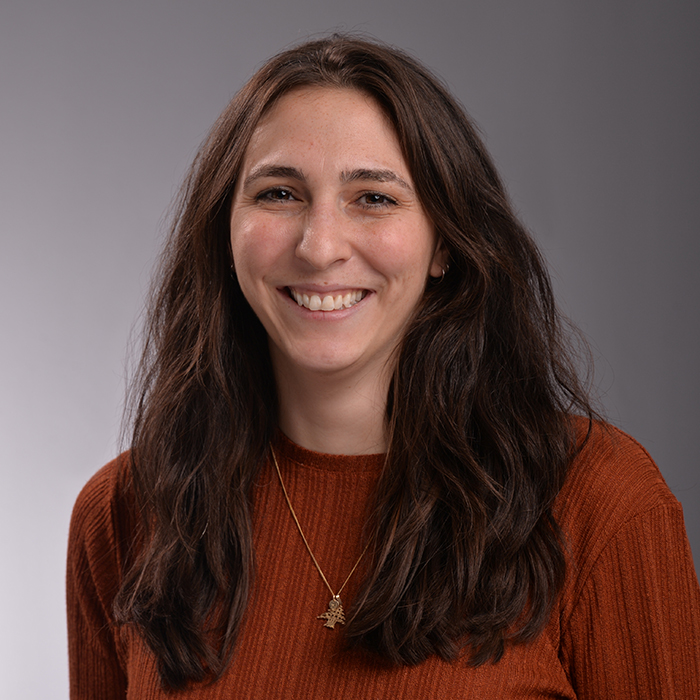Education
Postdoctoral fellowship, Johns Hopkins University, 2023
PhD, The Ohio State University, 2019
MA, The Ohio State University, 2017
BPhil, University of Pittsburgh, 2014
Assistant Professor, Speech-Language Pathology

Postdoctoral fellowship, Johns Hopkins University, 2023
PhD, The Ohio State University, 2019
MA, The Ohio State University, 2017
BPhil, University of Pittsburgh, 2014
Adult neurogenic communication disorders